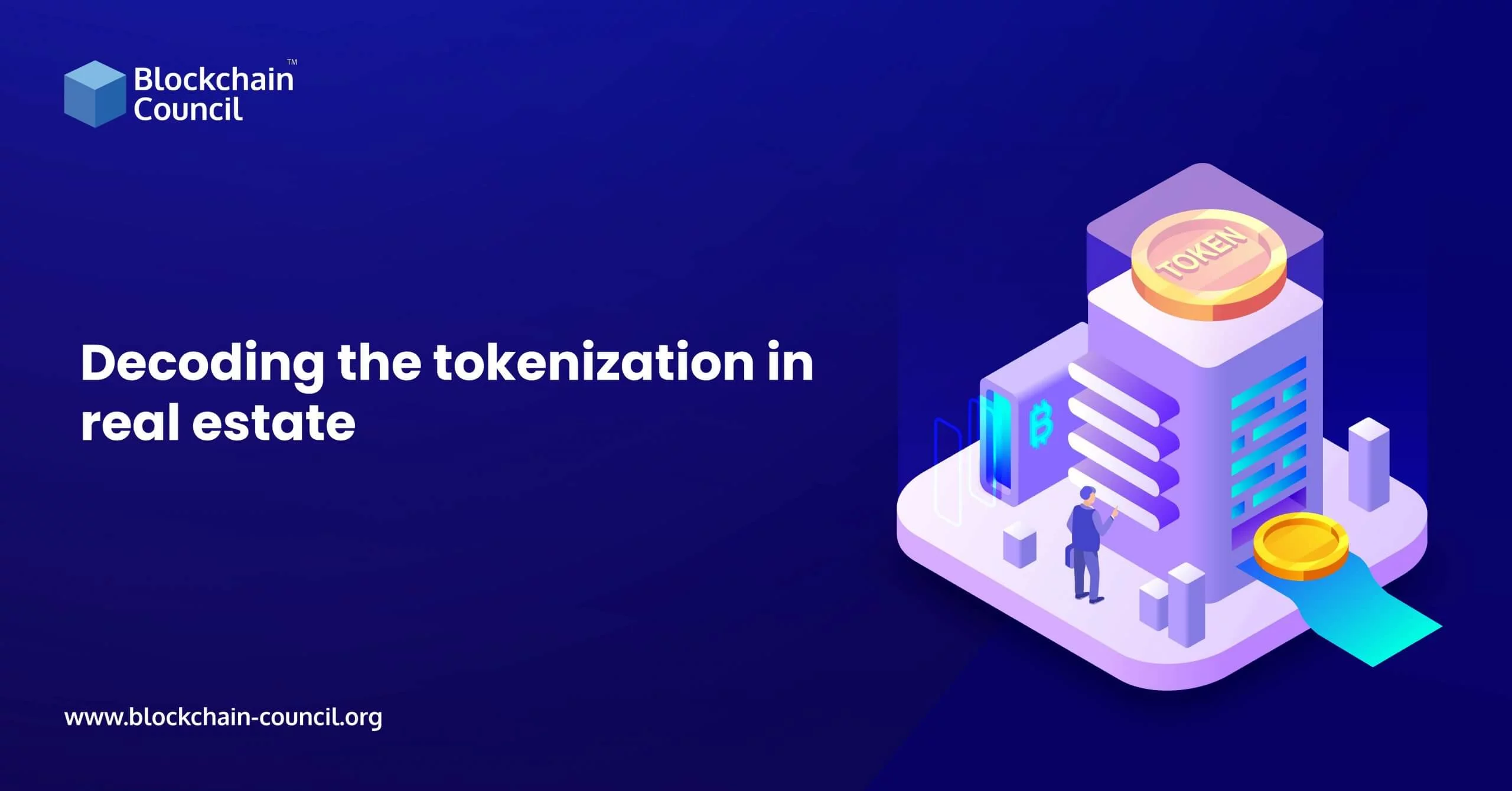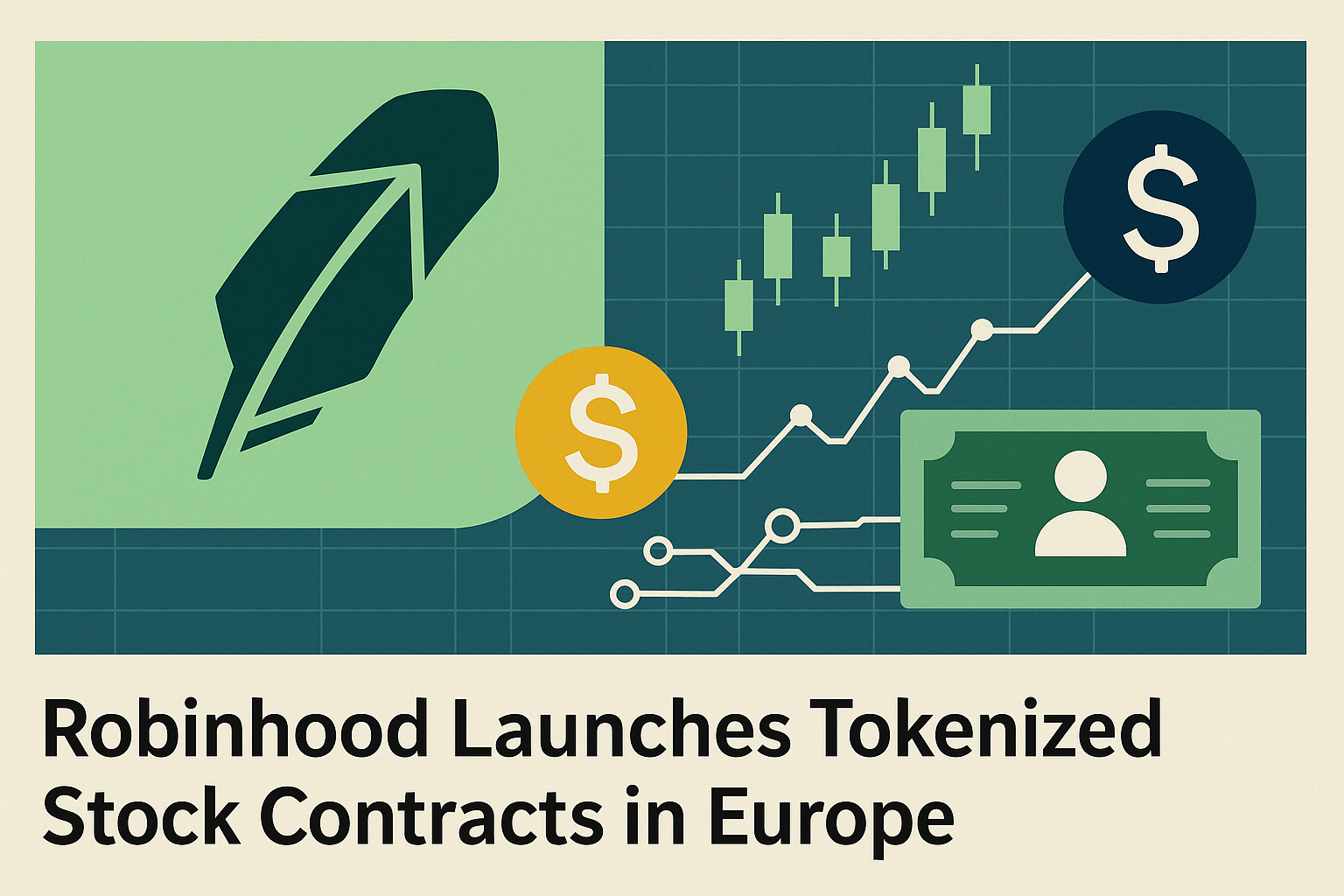In a bold move that blends real estate, intellectual property, and digital finance, Chinese developer Seazen Group is preparing to transform how assets are owned and traded. Reuters+2Reuters+2
From Property to Tokens
Seazen is launching the Seazen Digital Assets Institute in Hong Kong to explore tokenizing real-world assets (RWA) — namely converting property income streams and IP rights into tradeable blockchain tokens. Reuters+3Reuters+3Reuters+3
Rather than simply owning a building outright, portions of its cash flows (like rental income) or its IP could be fractionalized into digital tokens. These tokens could then be bought, sold, or transferred on-chain. Forbes+4AInvest+4Reuters+4
By year’s end, Seazen is even considering launching NFT products tied to its Wuyue Plaza assets. Reuters+2AInvest+2
Why This Matters
-
Unlocking liquidity: Illiquid assets like real estate typically tie up capital for long periods. Tokenization lets owners unlock capital while retaining ownership. Reuters+4AInvest+4Reuters+4
-
Broader investor access: Fractional tokens lower the barrier to entry, allowing smaller investors to participate in premium projects.
-
Automation & transparency: Smart contracts can enforce distribution of income, ownership rights, and compliance rules in a transparent, programmable manner.
-
Regulatory experiment zone: Hong Kong is emerging as a sandbox for such tokenization efforts, making it a logical base for Seazen’s institute. Reuters+4AInvest+4Reuters+4
Challenges & Risks
-
Regulation and oversight: While innovation is welcomed, regulators in China and Hong Kong remain cautious. In fact, China’s securities regulator has recently asked local brokerages to pause RWA tokenization in Hong Kong, citing risks of over-exuberance. Reuters
-
Market liquidity: Just because an asset is tokenized doesn’t guarantee there will be a vibrant secondary market to trade it.
-
Technical & legal complexity: Ensuring that tokens correspond to enforceable legal rights, and integrating with property laws, IP laws, AML/KYC, and cross-border frameworks is nontrivial.
-
Perception & trust: Tokenization of sensitive assets in a stressed property market can raise skepticism about valuation assumptions or hidden risks. Forbes+2AInvest+2
The Road Ahead
Seazen’s timing is strategic: its move into tokenization comes as the Chinese property sector continues to grapple with liquidity pressures and market uncertainty. Reuters+2AInvest+2
Its recently announced partnership with Blockchain Metaverse Academy (via a share placement of about US$6.3 million) is intended to accelerate development in RWA applications. Reuters
If successful, Seazen could set a model for major real estate groups in China and beyond — shifting from traditional property finance to a hybrid digital-asset paradigm.
Will tokenized real estate become mainstream, or remain a niche play? Seazen’s experiment might be among the first to find out.




